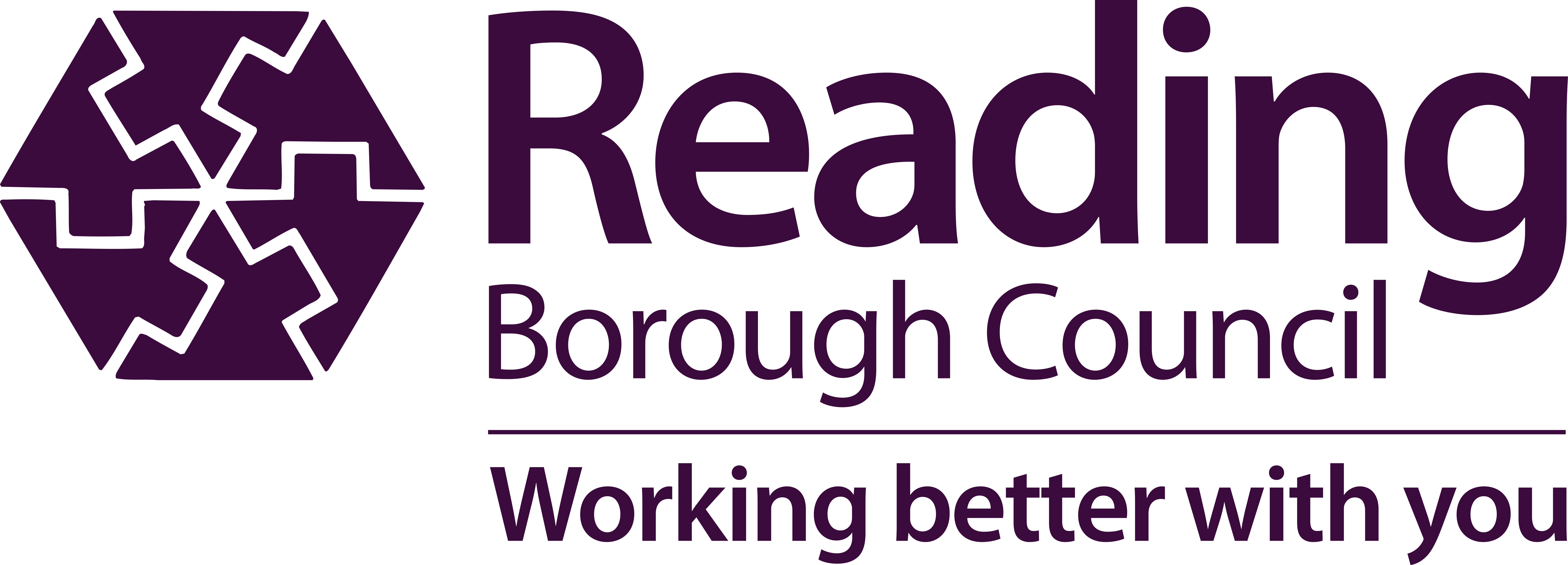Draft Domestic Abuse Strategy for Reading 2019-22
Overview
After the successful delivery of the 2015-18 Domestic Abuse Strategy for Reading a refreshed strategy for the town is required. Spanning the next three years (2019 – 2022), the draft Domestic Abuse Strategy for Reading below sets out exactly how we intend to further reduce domestic abuse in Reading and support those who experience it to live safer, more secure, lives. The Strategy is designed to be a practical tool to encourage direct and effective action in support of those experiencing domestic abuse, those affected by it and those who perpetrate it who are motivated to change their behaviour.
The priorities within the draft strategy were developed via a series of workshops with members of the Domestic Abuse Strategy Group (DASG), a sub-group of the Community Safety Partnership. They reflect the group’s aspirations to move the practices and approach of partners in Reading forward in specific areas, and it is assumed that the progress made during the previous strategy will be embedded by agencies as part of their ‘business as usual’ and therefore continued.
Domestic violence crosses every known demographic – so it is up to all of us to tackle it. The Community Safety Partnership is committed to leading the way. Together, by implementing the objectives of this strategy, we will keep our residents safer and our communities stronger.
This consultation is seeking views on the following proposed priorities for Reading’s Domestic Abuse Strategy:
Priority 1 –Raising awareness about domestic abuse with a focus on:
- Workforce Development – Continue to ensure a knowledgeable and well trained workforce.
- Healthy Relationship Education – increasing the resilience of Young People to negative relationships and behaviour.
- Engagement with marginalised communities - Encouraging those experiencing abuse to seek help at an earlier stage
Priority 2: Developing a multi-agency approach to working with perpetrators – Working with strategic partners to create a perpetrator approach to reduce and prevent repeat domestic abuse, including increasing the number of cases that progress through the criminal justice system.
Priority 3 – Improving our partnership response to Coercive Control –Training professionals to understand and identify coercive control, so as to increase and better manage disclosures.
If you would like a hard copy of the draft strategy, or if you would like to send a response off line, please contact Sarah Tapliss on 0118 937 3203
Areas
- All Areas

Share
Share on Twitter Share on Facebook